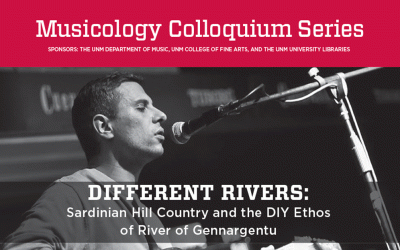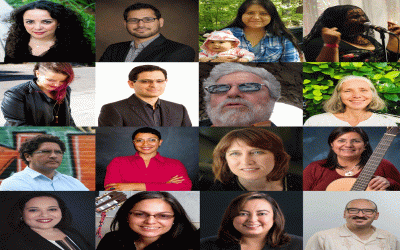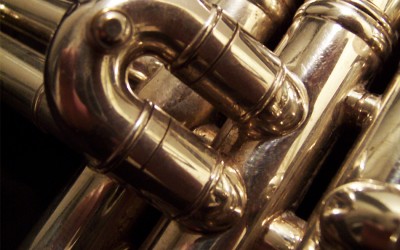Heterophony: Texture, Technique, and Social Commentary
March 7, 2019
2:00 – 3:30 p.m.
Keller Hall, Center for the Arts
Talk Description: This lecture is in two parts: the first draws from my research on the 1960s jazz avant-garde and musicians’ interests in heterophonic musical textures. I show how heterophony, technique and texture, satisfied a joint aesthetic and social/political goal for musicians and audiences. The parallels between textural and ethnic/racial difference in improvisatory experimentalism, are where aesthetics and social relations become intertwined.
For the second part, I perform original music that utilizes heterophony and “noise” in a solo electronic and improvised format. This performance segment is my own creative response to the historical precedents that I outline in the previous segment.
Biography: Kwami Coleman, Ph.D., is an assistant professor of musicology at the Gallatin School on individualized Study at New York University. His work is focused on improvised music, aesthetics, historiography, identity, and political economy. Kwami is also a pianist and composer, and released a recording called Local Music in 2017 of original music for trio plus field recordings captured in his home neighborhood, Harlem. His current book project is titled Change: The “New Thing” and Modern Jazz.
Different Rivers: Sardinian Hill Country and the DIY Ethos of River of Gennargentu
In the summer of 2014, the Bluesman “River of Gennargentu” released, on his SoundCloud page, three songs of hill country blues, sung in English and played with a technique like those of historical Delta blues artists, recorded in low-quality sound. Within a few months, the web page collected dozens of comments from users who were amazed by this new “discovery” and demanded the real artist’s origin, as-yet-not-specified.
Decolonizing Strategies in Ethnomusicology, Teaching, and Performance
Perspectives from the US Southwest and Latin America featuring performances by J.D. Robb Trust. This symposium consists of an initial roundtable centered on decolonizing strategies in ethnomusicology followed by two shorter sessions: the first focusing on decolonizing pedagogies and the second on performance and activism.
2018-19 New Mexico Winds and Brass All State Etudes
Featuring the UNM Winds and Brass faculty



